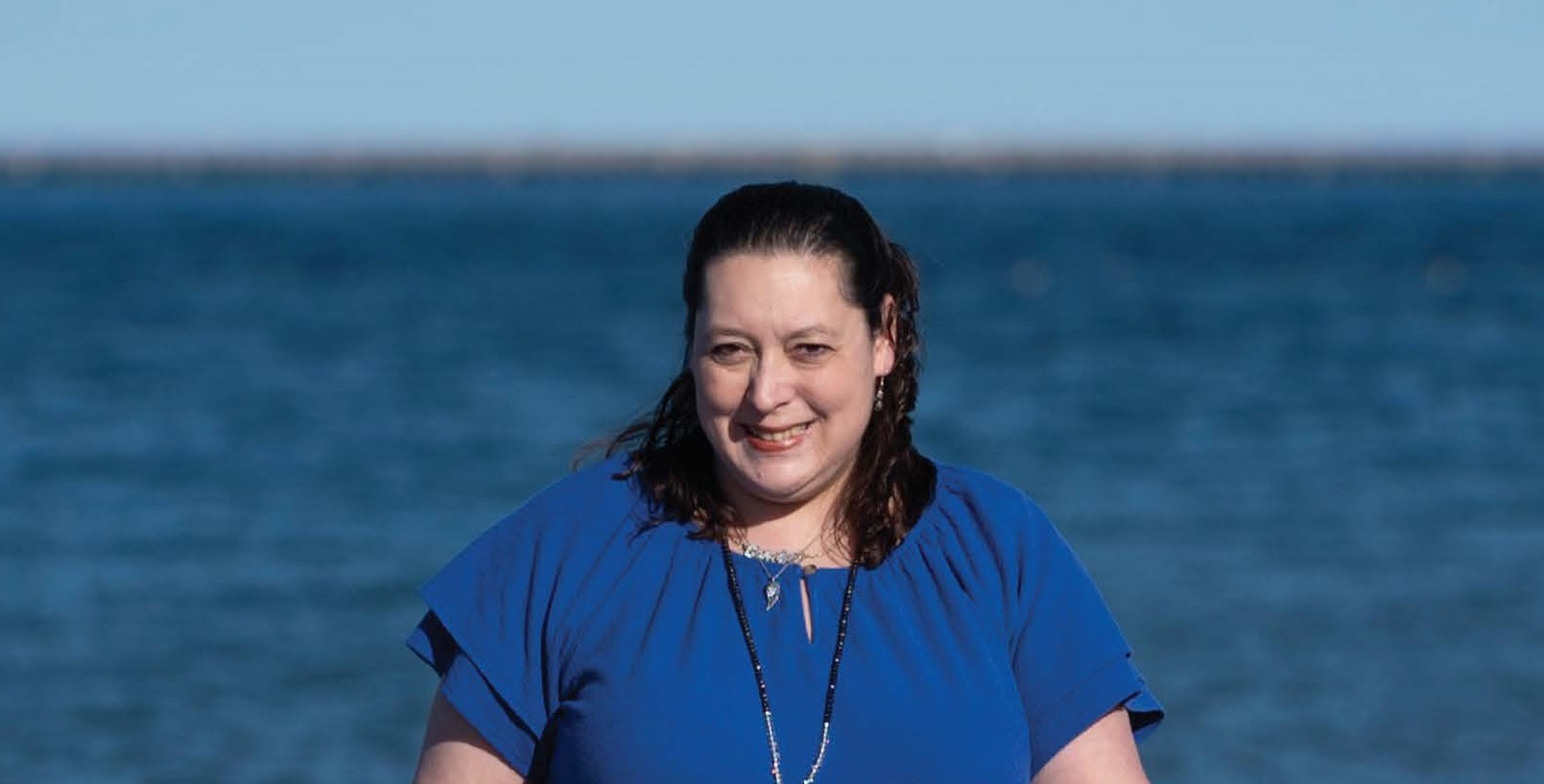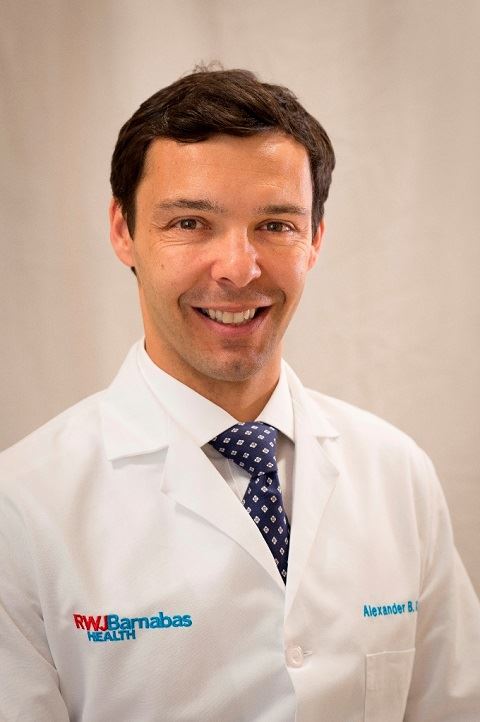"[The lump] scared the daylights out of me."

As a nurse practitioner at Monmouth Medical Center, Carolyn Boyle likes to stay on top of her own health care, especially yearly screening mammograms.
She learned how much stress even a slight delay can cause. Carolyn went for her 2019 mammogram two months later than usual, and the test revealed a small lump in her right breast that “scared the daylights out of me,” recalls the Belford woman, now 43.
Follow-up ultrasound imaging indicated the mass was benign, but Carolyn was determined never again to push off her mammogram. Her 2020 screening happened just as the COVID-19 pandemic emerged, yet Carolyn kept her appointment even as many women across the United States who were fearful of catching the virus delayed theirs.
Research indicates that cancer screening tests, including those for breast cancer, plunged sharply after the COVID-19 pandemic began in March 2020, with numbers falling far below historical norms.

Whether breast cancer screenings are put off due to the pandemic or other reasons, delays can pose serious health consequences, says Alexander King, MD, Regional Director of Breast Radiology for RWJ Barnabas Health Southern Region, which encompasses Monmouth Medical Center, Monmouth Medical Center Southern Campus and Community Medical Center.
“We know that the longer patients go between screening mammograms, the more likely we are to find late-stage breast cancer,” Dr. King explains. “Cancers we find through screening are commonly very small and found at an earlier stage.” Cancers that are detected early offer the best opportunities for treatment.
“Breast cancers that are found by patients themselves are typically larger and may have already spread by the time women seek care,” he adds. “That’s the whole purpose of screening—to find the cancer before you feel it.”
Reaching Out
About 22,000 screening mammograms were performed across RWJ Barnabas Health Southern Region in 2020. But the pandemic did force a six-week pause in screening mammograms, with patients brought in as needed if they experienced possible breast cancer symptoms such as a lump or nipple discharge, Dr. King says.
By early May 2020, mammogram facilities in the Southern Region were rescheduling screening mammograms and spacing outpatient appointments to minimize exposure to the coronavirus. Other hygiene measures also were put into place, including masks, sanitizing and temperature checks.
“We worked at 110 percent until the end of 2020 trying to get in people who missed screenings in March and April,” Dr. King says. “Even now that we’re past the one-year mark of the pandemic’s start, there are still a significant number of our patients who haven’t had a mammogram since 2019. We’re reaching out individually to remind them and reinforce that they shouldn’t put it off any longer.”
While recommendations for screening mammography vary by group, there’s general agreement that for average-risk women, annual screening mammography beginning at age 40 will save the most lives.
Vaccine Considerations
With COVID-19 vaccinations well under way, confusion surrounds false-positive mammograms among some women who recently got a shot. Vaccines of any type, not just for COVID, can enlarge lymph nodes under the arm, leading to suspicious findings on breast images, Dr. King says.
“We’ve certainly seen women who were vaccinated within a couple of weeks before their mammogram have swollen lymph nodes in the armpit, but this reaction is not the norm,” Dr. King says. “And the appearance of lymph nodes that swell after vaccination is different from those due to breast cancer.” Repeat imaging may be done in three months to confirm all is well, he says.
Women undergoing any type of breast imaging are asked if they’ve recently been vaccinated and if so, which arm. “We put that in the chart so when doctors interpret the images, they’ll have that information,” Dr. King says. “But it’s certainly no reason to push off your mammogram or your COVID vaccine.”
New Health Connect App Streamlines Appointments
You can check the weather or order lunch using apps on your cell phone—so why not schedule your health care appointments that way, too? The new RWJBarnabas Health Connect app lets you do just that.
Launched in March 2020, Health Connect enables patients to book appointments for both doctor visits and diagnostic tests. Users create and save a profile that includes insurance information and referrals, and appointments are added directly to your phone’s calendar.
“Many people are comfortable pulling out their phones and scheduling a dinner reservation or a haircut, so now they can avoid a phone call and schedule health appointments,” says Alexander King, MD, Regional Director of Breast Radiology for RWJ Barnabas Health Southern Region. “It’s a convenience to patients and a much quicker process as well.”
Patients who use the app seem pleased with how well it works. “They say it’s easy to use,” Dr. King says.
Don’t delay your mammogram. To make an appointment at the Jacqueline M. Wilentz Breast Center at Monmouth Medical Center, call 732-923-7700.